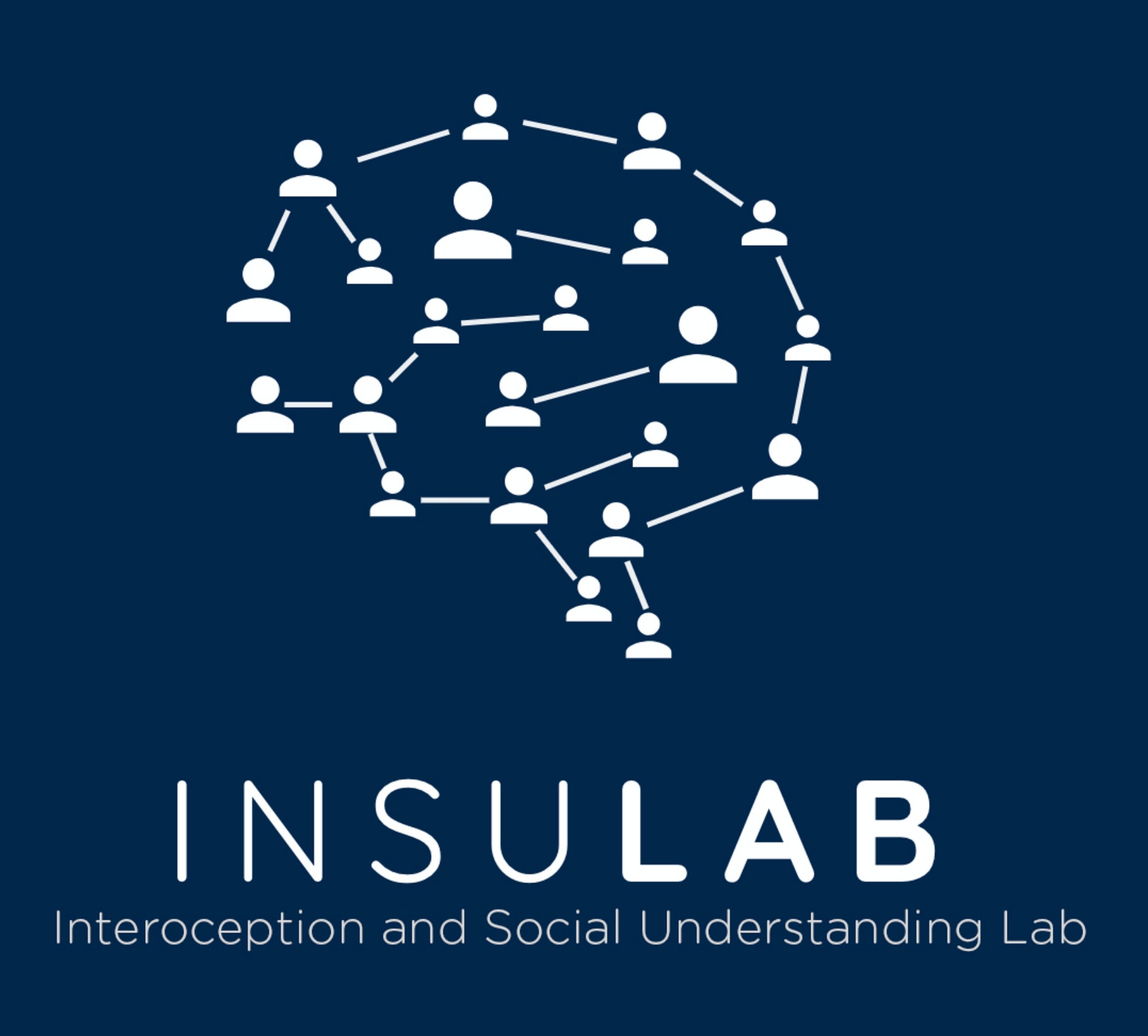What is Alexithymia?
Alexithymia is a condition characterised by difficulties understanding and identifying one’s own emotions. People with high levels of alexithymia (which can be assessed with questionnaires) might suspect they are experiencing an emotion, but be unsure which emotion it is. They could be sad, angry, anxious or maybe just overheated. About 10 percent of the population at large has alexithymia, and this number increases when we consider people who also have autism or other neurodevelopmental or psychological conditions. High levels of alexithymia can also be found in a number of other mental health conditions, such as eating disorders, depression, substance abuse, and schizophrenia.
Alexithymia can help to explain why several individuals in clinical populations have atypical levels of empathy. A study showed that individuals with autism but not alexithymia show typical levels of empathy, whereas people with alexithymia (regardless of whether they have autism) found empathising with others’ emotions difficult. So autism is not associated with a lack of empathy, but alexithymia can be. However, it would be wrong to claim that people with alexithymia do not care about others’ feelings. For example, difficulties understanding and identifying the emotions such as anger or pain might make it difficult to respond empathically to these emotions specifically. But alexithymic individuals know that anger and pain are negative states and are often affected by others who show these emotions.
At InsuLAB we are interested in exploring how alexithymia affects emotion processing in the general population, and in conditions such as autism and eating disorders.

